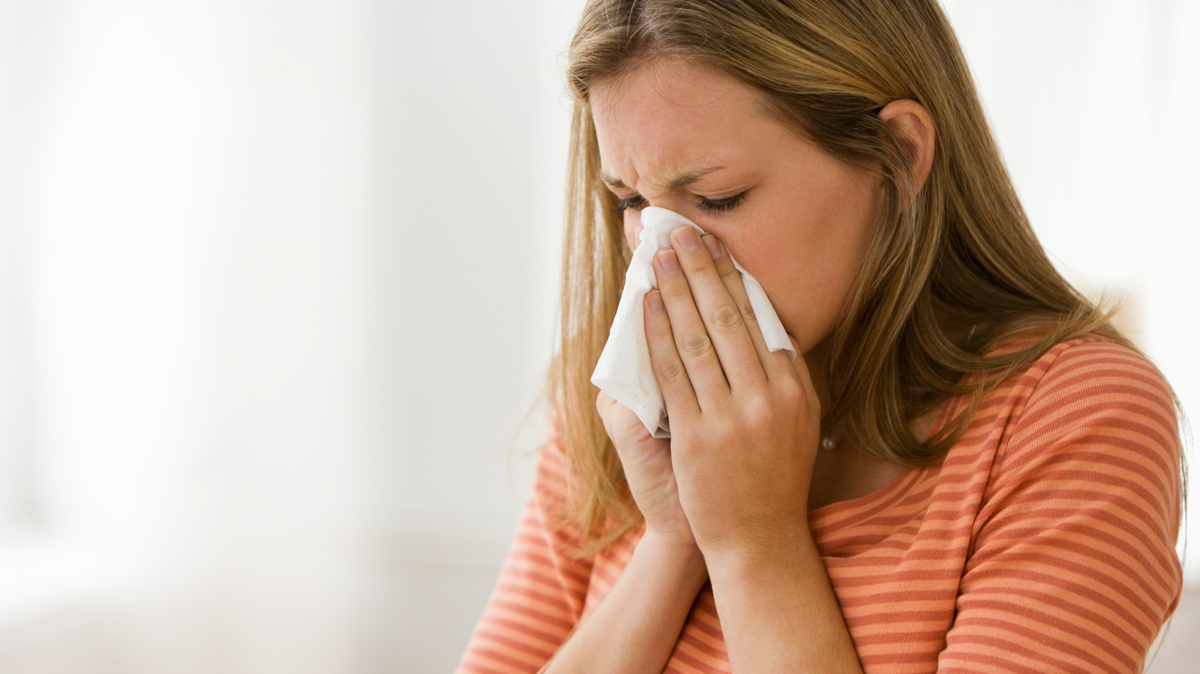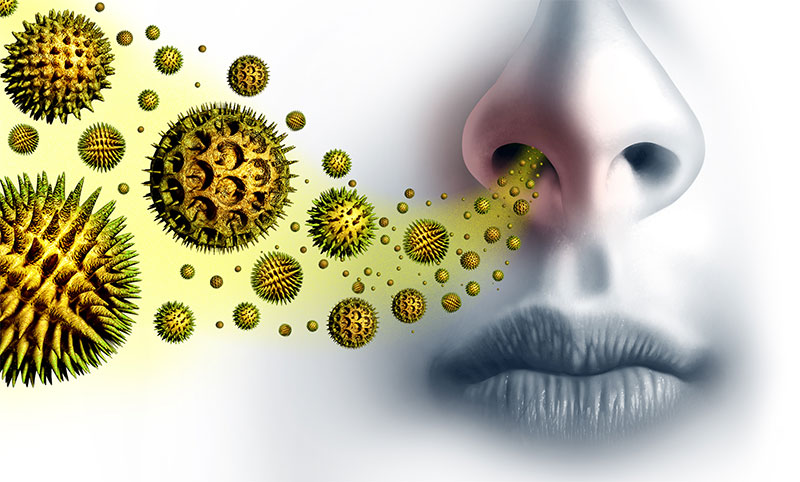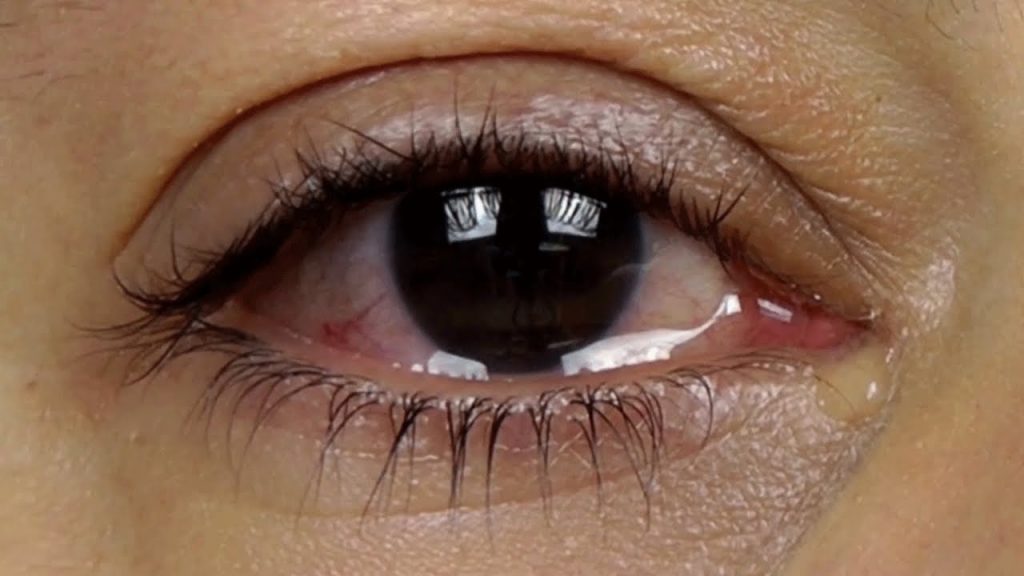When you do not get exposed to any of the strange foreign substances, then you are said to be okay, but, the moment you get exposed to certain substances like pollen and dandelions, your immune system mistakenly attacks the invaded pollen and causes an allergic reaction like continuous sneezing and coughing. According to the World Allergy Organization research, asthma accounts for 250,000 deaths annually – a type of respiratory allergic disease.
In this article, we explain in detail what allergy is, types of allergens, symptoms, and much more.
What is an Allergy?

Allergies affect more than 50 million people living in the United States, according to a study from the American College of Allergy, Asthma, and Immunology. Apart from the skin-related allergic conditions caused by plants and other substances, Inhaled allergens are by far the most common type. Seasonal allergies like hay fever, which is an allergic response to pollen where the pollen travels through the air during the fall season, affect more than 40 million Americans.
An allergy is an immune system response against a foreign substance that’s not generally harmful to your body. These unharmful foreign substances are called allergens. Allergens are of various types that can include some types of foods, pollen, or pet dander.
In most cases, your immune system adjusts to your environment. For example, when your body encounters allergens like pet dander, it should realize it’s harmless and doesn’t cause any reaction like rashes. In some cases with dander allergies, the immune system perceives it as an invader threatening the body and attacks it, causing a reactive condition like rashes and itchiness. This reaction is the job of your immune system that helps keep you healthy by fighting harmful pathogens. Depending on the type of cause, this response may differ and involve symptoms like inflammation, sneezing, teary eyes, and/or a host of other symptoms.
Types of Allergens

Allergies are becoming very common and the allergens – the substances that cause allergic reactions are of multiple forms and they are generally categorized into:
- Inhaled allergens: This type affects the body when they come in contact with the lungs or membranes of the nostrils or throat. Inhaled allergens include pollen.
- Ingested allergens: Ingested types are those which are present in certain foods, such as peanuts, soy, and seafood.
- Contact allergens: This is the most common where the allergens must come in contact with your skin to produce a reaction. An example of a reaction from a contact allergen is the rash and itching caused by pet dander or poison ivy.
Following are the various types of allergens one can become allergic to:
- Animal products: These include pet dander, dust mite waste, bugs, and cockroaches.
- Drugs: Penicillin and similar other drugs are common drug-related triggers.
- Foods: Wheat (celiac disease), nuts, milk, shellfish, and egg allergies are common.
- Insect stings: These include bugs, bees, wasps, and mosquitoes.
- Mold: Airborne spores from mold can cause a reaction.
Plants: Pollen from grass, weeds, and trees, and resin from plants such as poison oak, are very common plant allergens. However plant-based allergens are more likely to contract only with physical touching of the plant.
Other common allergens include latex, often found in latex gloves. Also, metals like nickel and mercury are also common allergens.
3 Symptoms of Allergy
Allergies occur when your immune system, which is your body’s natural defense, overreacts to something uncommonly gets in touch with your environment. This overreaction can lead to certain allergic symptoms. Following are the 3 most common symptoms of allergies.
1. Runny nose and sneezing

A runny nose and frequent sneezing are commonly seen symptoms. Climate change triggers certain moisture alterations and during the fall pollens tend to travel in the air which causes Hay Fever and sneezing symptoms. Also, breath uncomfortableness like wheezing trouble is experienced in asthma-related allergies.
2. Itchy skin

Itchy skin is one of the most prominent symptoms after a runny nose and sneezing. Rashes and itchy skin occur as an allergic reaction to plant-based and insect-based infections. Contact with certain plants like dandelion and insect bites can lead to itchiness on your skin.
3. Watery eyes

Dust, smoke, and perfumes can cause watery eyes. Eyes may sometimes turn red due to inconvenience caused by the dust and smoke.
Several treatments can help you reduce your symptoms and eventually cure the condition.
How to Test for Allergy?
Allergy tests are prescribed to expose you to a very small amount of a particular allergen and check whether you are allergic by recording the reaction. This test can help assess which particular pollens, molds, or other substances you’re allergic to. Diagnostics listing providers like DxSaver have 3000+ laboratories in their network which can come in handy to book an allergy test in the US. After the test, depending on your results, you may need medication to treat your allergies.
Can Allergies be Cured?

In the case of allergies, it is always said that “the most effective way to prevent any allergy symptom is avoidance”. Avoid taking foods that cause allergic conditions. Keep your house away from any insects, hygienic maintenance will help. Despite maintaining cleanliness, and seeing insects like cockroaches, call pest control and let them take care of.
There’s no way to prevent allergies, but if you catch one, it can easily be reversed with the help of medications as prescribed by your physician depending on your type of allergy.
Conclusion
Allergies are not life-threatening conditions to worry about. But, they tend to become life-long conditions in the case of any family history of similar allergic conditions, and/or if not treated in the initial stages. Maintaining a hygienic lifestyle can keep you away from asthma and allergies. If you suspect continuous running nose, sneezing, or other symptoms, then get tested for Allergies right away to avoid any serious consequences.

